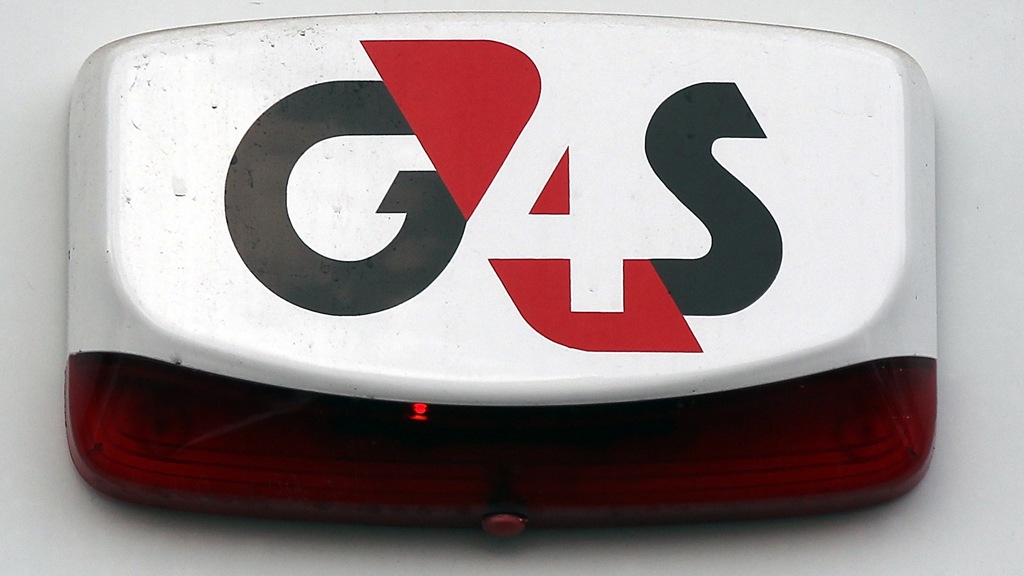G4S accused of misleading government
The world’s largest security firm, G4S, has been accused of misleading the government and Olympic chiefs over staff recruitment for London 2012, writes Simon Israel.

The home affairs select committee, in its report out today, describes the company’s failure to meet targets in time for the opening of the Games as a “significant matter of public concern”.
It recommends G4S should forego its £57m management fee, to send a strong signal to the British taxpayer that it is serious about making good for its mistakes.
It also suggests the company should make ex gratia payments by way of apology to those applicants who successfully completed the training and accreditation process but were not scheduled for work because of G4S’s management failings.
The company has already agreed to pay up to £50m for the deployment of thousands of military personnel and police as result of its failures.
The report states the precise scale of the failure remains in dispute, but it was not until the day after the Olympics closing ceremony that the number of security staff supplied by G4S first met the original demand of 10,400.
The data the company provided to the Olympic Security Board was at best unreliable, at worst downright misleading. Keith Vaz MP
The report says the blame for G4S’s failures rests solely with the company which currently has public sector contracts worth £759m, and recommends the government should maintain a central register of high-risk companies who have failed in the delivery of public services, to inform future procurement decisions.
The committee’s chair, Keith Vaz MP, said: “The largest security company in the world, providing a contract to their biggest UK client, turned years of carefully laid preparations into an eleventh hour fiasco.
“The data the company provided to the Olympic Security Board was at best unreliable, at worst downright misleading.
“Twenty-four hours before they admitted their failure, (the company CEO) Nick Buckles met with the home secretary and did not bother to inform her that they were unable to deliver on their contract, even though he knew about the shortfall a week before.
“The government should learn lessons from this experience and establish a register of high-risk companies that have failed in the delivery of public services.”
‘Robust contingency plan’
A Home Office spokesperson said: “The several years of testing and refining government and operational plans paid off.
“We welcome today’s report which highlights how the far-sighted planning of officials at the Home Office, Locog and other partners enabled a ‘robust contingency’ plan to be swiftly rolled out, thereby delivering a safe and secure Games that London, the UK and the world enjoyed so much.
“G4S will only be paid for the services delivered and will meet any additional police or military costs.”
Key facts from the report
• G4S was contracted to recruit, train and accredit 10,400 staff and manage 13,000 others. The total number of security personnel required for the Games was 23,700.
• G4S has contracts with ten central Government departments and agencies and 14 police forces in England and Wales.
• In total, the annual contract value of G4S’s pipeline of public sector contracts was £759m in 2010–11. The Olympic Games contract was worth up to a further £284m.
• The Bridging the Gap programme trained 6,374 young people to fully accredited door supervisor standard over a two-year period specifically for the 2012 Olympics.
• In total, Locog recruited 70,000 volunteer Games Makers.
• According to G4S, in the pre-Games period it supplied 68 per cent of contracted personnel and during the Games period, it supplied 81 per cent (including Bridging the Gap and subcontractors).
• The day after the Olympic closing ceremony, 13 August, was the first date on which the number of staff supplied by G4S met Locog’s demand.
• Total military deployment for the Olympic Games peaked at 18,200 troops. The original target military workforce was 7,500.
• On peak days, about 15,000 police officers were deployed on the Olympic operation, from 52 forces. Additional police manpower was provided to fill the gap left by G4S through officers working overtime.
-
Latest news
-
Taylor Swift’s new break-up album breaks records3m

-
NHS trust fined £200K for failings that led to death of two mental health patients3m

-
Sunak vows to end UK ‘sick note culture’ with benefit reform3m

-
‘Loose talk about using nuclear weapons is irresponsible and unacceptable’, says head of UN’s nuclear watchdog3m

-
‘There wasn’t an Israeli attack on Iran,’ says former adviser to Iran’s nuclear negotiations team7m

-




